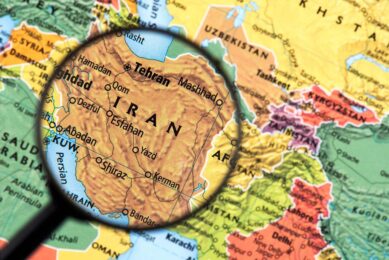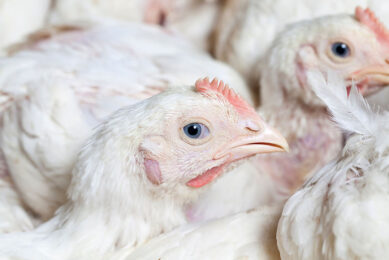‘More Money, More Meat’: eating to extinction

A new report has revealed the globe’s first national reduction targets for animal-sourced foods, saying it will help ensure the future of humanity.
The study, ‘More money, more meat – High income countries must lead on reduction’, shows, for the first time, how much each high and middle-income country must do to reduce its consumption of animal-sourced foods, including poultry, eggs, meat, fish and dairy, to live within planetary health boundaries.
The Compassion in World Farming study revealed that:
- The US needs to cut its over-consumption of meat by 82%, followed by Australia and Argentina (80%) and then Israel and Spain (78%).
- Iceland has the largest reduction across all animal-sourced foods at 73% needed to get to 13% of calories in the diet from animal-sourced foods, followed by Finland (70%) and Denmark (68%).
- The top 5 egg consumers and their reduction targets are Mexico and China (76%), Japan (75%), the Netherlands (74%) and Malaysia (73%).
Based on calculations from the EAT-Lancet Planetary Health Diet, which aims to provide healthy diets from sustainable food systems by 2050, the report is the first to provide reduction figures to give a more accurate picture of consumption.
Philip Lymbery, Compassion in World Farming chief executive, said the richest nations were eating their way to extinction: “Our insatiable appetite for cheap meat and other animal-sourced foods is damaging our health, causing immense animal cruelty, and killing our planet.
“Unless we wake up now and act to reduce this calamitous overconsumption, it will simply be too late. The responsibility lies with these richer nations to take immediate action through national policies to help combat their impact in driving the climate health and nature emergencies.”
The report outlines the current lack of action to tackle the problem and includes clear policy recommendations for reducing overconsumption:
- Setting clear targets for reducing consumption aligned with the Paris Agreement and the Kuming-Montreal Global Biodiversity Framework.
- Supporting these reduction targets with a holistic, transformative food strategy or action plan.
- Aligning dietary guidelines with the principles of the EAT-Lancet Planetary Health Diet for healthy diets from sustainable food systems and providing advice on healthy plant-based diets.
- Ensuring subsidies are not provided for intensively farmed animals or their feed, and instead support producers of fruit, vegetables, whole grains, legumes and nuts, as well as producers rearing farmed animals in high-welfare nature-positive systems.
Join 31,000+ subscribers
Subscribe to our newsletter to stay updated about all the need-to-know content in the poultry sector, three times a week. Beheer
Beheer











 WP Admin
WP Admin  Bewerk bericht
Bewerk bericht